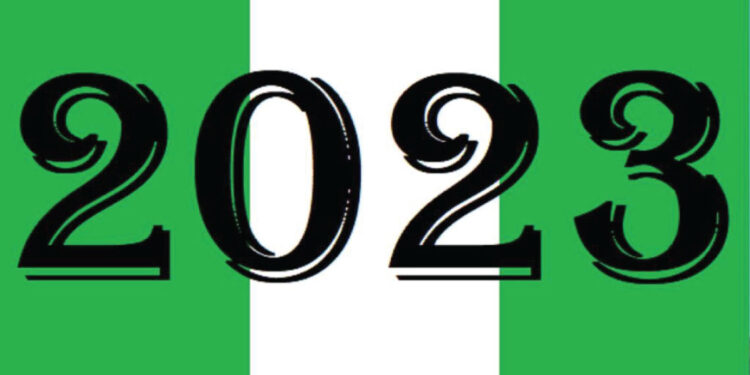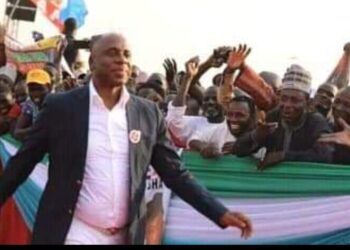Politics is a game of number and the section of Nigeria that has the number will play vital role of who becomes the President of Nigeria.
The North has the highest number of people and so it has significant role to play on whom assumes the leadership of the Federal republic of Nigeria.
However, the North cannot install a President without the South.
In 1999 general elections, it was mainly the support of the North, South-South and South-East that enabled Chief Olusegun Obasanjo to emerge as the President.
In 2007, based on the conventional agreement between the North and South, power was shifted to the North and late Alhaji Umaru Musa Yar’Adua became the President based on the votes of the North and that of the South-East/South-South.
Unfortunately, Yar’Adua became sick and eventually died. His Vice, Dr. Goodluck Ebele Jonathan completed his tenure and went ahead to contest the Presidency of the country after due consultation with the North. He drew his support from Southern Nigeria and some from the North to emerge the President.
In 2015, President Muhammadu Buhari garnered the support of the North and mainly the South-West to emerge the President.
So, in 2023, as it is the convention, power is expected to shift to the South.
Pundits reading the body language in the North are of the thinking of possible shift of alliance of the North. This time, from South-West to South-South/South-East because of some major political disagreements.
If this calculation is anything to go by, the North will want a leader who will deliver both the South-South and the South-East.
In the South-East, their leaders lack the clout to deliver the South-South and they have never reached out to South-South in terms of political influence.
Will the north find a candidate with the potential to deliver both the South-South and the South-East that it could support to occupy the exalted position of President come 2023? Who will be the possible choice of South-South, South-East, should power shift to the South? Only time will tell.



















